Authorities in Jammu and Kashmir on Monday decided to reopen the tourism sector, which has been shut since August last year when the government scrapped the former state’s special status.
The decision was taken at a high-level meeting chaired by Lieutenant Governor GC Murmu, who issued directions to reopen the tourism sector, considered the backbone of J-K’s economy.
“J&K to reopen for tourism soon. Govt to issue detailed guidelines and SoP shortly. LG issues directions in high level meeting in Srinagar today,” Rohit Kansal, J&K’s spokesperson and principal secretary, tweeted late on Monday night.
Very few tourists have visited the Union territory in the last year after Article 370 was revoked and the coronavirus pandemic broke.
Authorities had banned the entry of foreign tourists into the region as a precautionary measure in view of the outbreak of coronavirus disease around the world.
The district administration in Srinagar, which houses many of Kashmir’s prominent tourist places, ordered the closure of parks and gardens, including tourist places like Mughal Gardens, as a precautionary measure soon after the lockdown.
The Srinagar Tulip Garden, one of the largest tulip gardens in Asia where over 1.3 million flowers grow, was also kept closed.
Hotels, restaurants and community kitchens were also closed and there was a ban on home delivery of food.
Tour operators and travel agencies were asked to share details of bookings of national as well as international air travel. They were asked to share details of all residents travelling outside India and planning to return to Srinagar through their agencies.
The outbreak of disease and the subsequent measures put further burden on Kashmir’s tourism industry, which had been witnessing a downturn since August last year.
Tourism nosedived last year after the government issued a travel advisory asking tourists and pilgrims to leave the Kashmir Valley, a few days before the central government revoked the special status under Article 370 and split the region into two Union territories on August 5.
For months, restrictions remained in place with no internet as the region remained shut. Though the restrictions were later removed, low-speed internet was restored and the travel advisory revoked, there were hardly any tourists visiting the region.




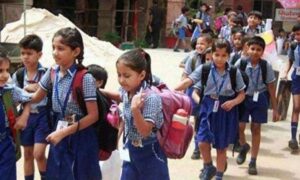

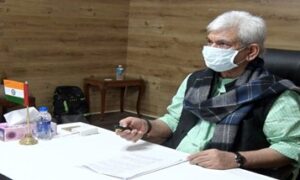

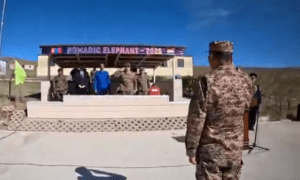





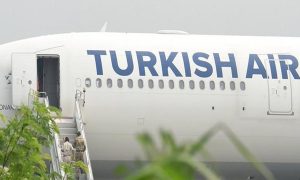



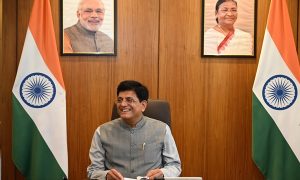

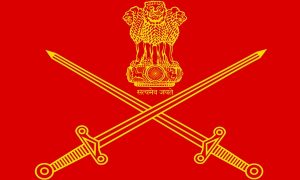

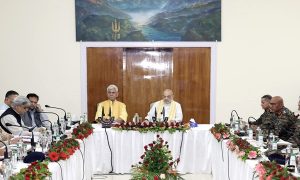



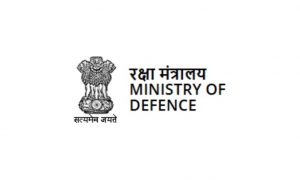

 WhatsApp us
WhatsApp us